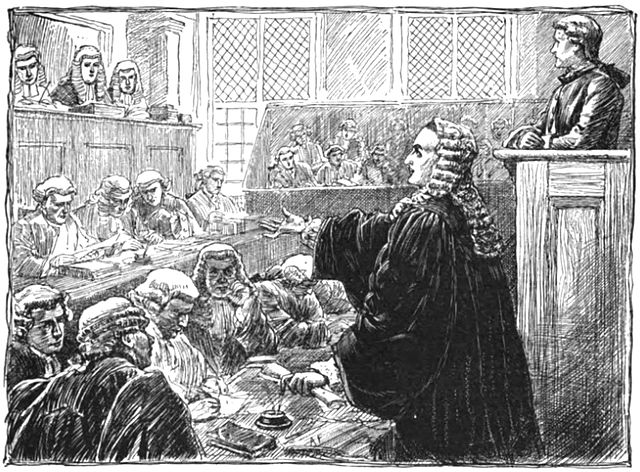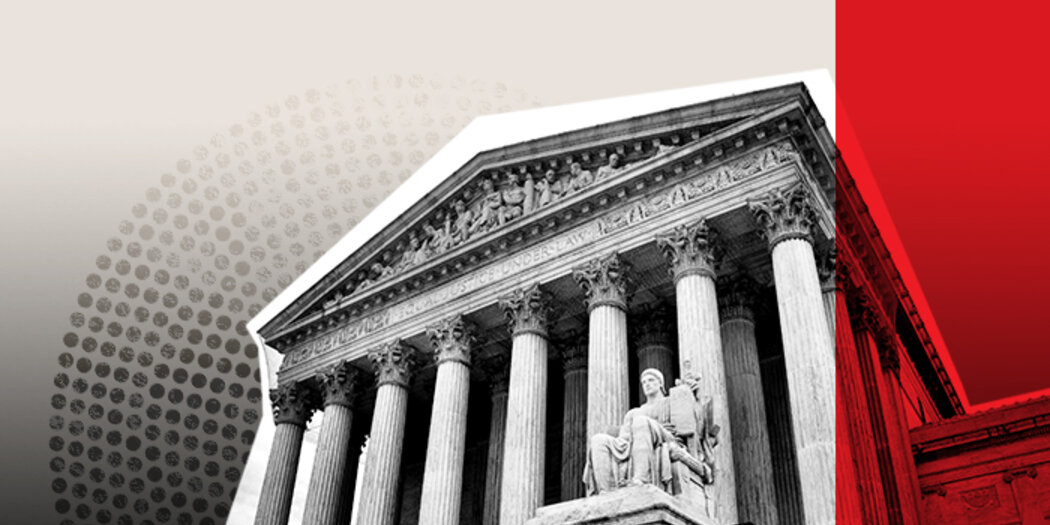In point of fact, you are wrong. The "fire in a theater" example came from
Schenk v United States , which has been overturned. Also, even without that fact, the issue with yelling fire in a theater is not that it is a lie, but that it is dangerous. In other words, you could yell out other lies in a theater without legal repercussions just fine.
Depends very much on the case.
"Is it protected?" and "why should it be protected?" are two different things. To the best of my knowledge, it is protected or largely protected. You might, possibly, be able to charge someone with something, but would need to prove they knew it was a lie, and a reasonable person would believe that lie. I am not sure what the charge would be though, and the odds of conviction are likely very low. As to why it should be protected: our country was founded with a bedrock solid conviction that free speech was incredibly important. While there are limits to free speech, they should be incredibly rare and limited. People should be responsible for actually researching decisions, and not making them because Joe Blow says so. I do not like anti-vaxxers, not at all, but I think even people I do not like should have their rights protected.


